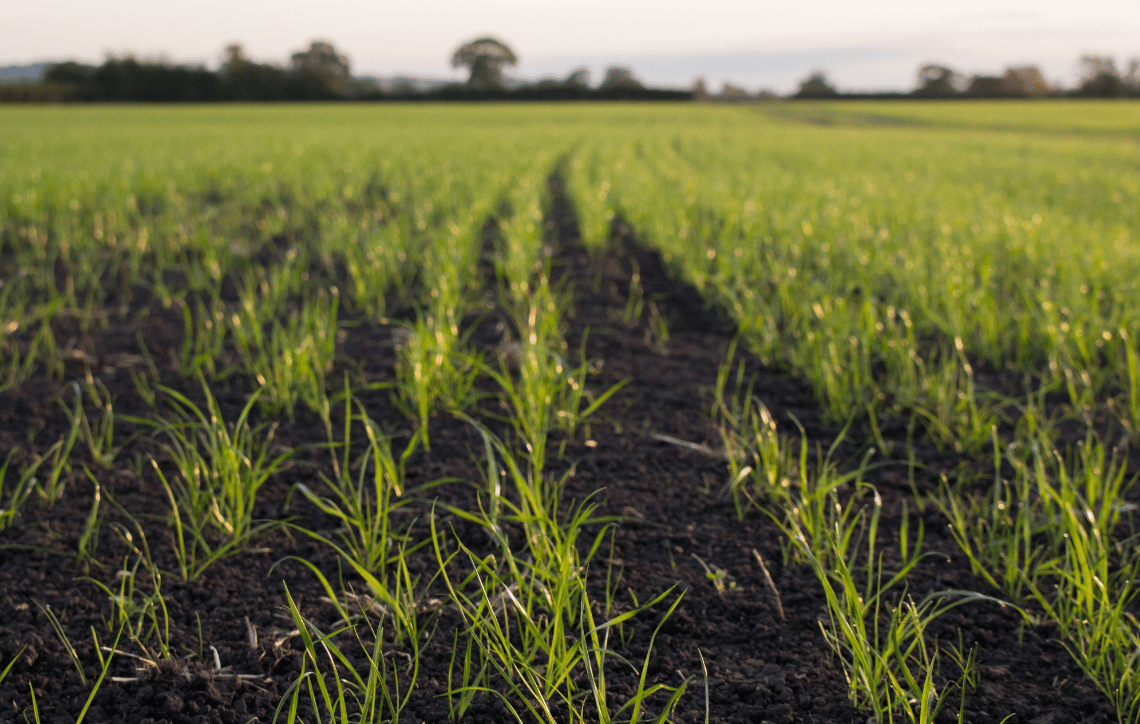Importance And Understanding Certified Seed
Certified seed plays a pivotal role in ensuring the success of various agricultural, horticultural, and landscaping endeavors. From wildland restoration projects to establishing lush lawns, the importance of certified seed cannot be overstated. In this article, we'll delve into the significance of certified seed and why understanding its attributes is crucial for seed consumers, producers, and certification agencies alike.
What is a Certified Seed?
Certified seeds undergo thorough testing and certification by authorized agencies to ensure quality, purity, and genetic integrity. This includes analysis of purity, germination rate, and absence of noxious weeds, giving consumers confidence in their high-quality, proven performance seeds.
What distinguishes blue tag/certified grass seed from quality seed?
Key differences between blue tag/certified grass seed and regular seed include strict standards for certified seed, such as genetic purity, germination rates, and noxious weeds, ensured by rigorous testing and inspections.
Certified seed offers higher uniformity, meaning seeds in a certified bag share similar traits for consistent growth.
Certified seeds also come with tags or labels detailing quality, origin, and test results, essential for tracking and traceability.
How to Read the Grass Analysis Tag?
Understanding how to interpret the Grass Analysis Tag is essential for making informed decisions when purchasing grass seed. This tag provides vital information about the seed's characteristics, helping you select the right seed for your needs.
The Grass Analysis Tag typically includes the following details:
Grass Variety: This specifies the name of the grass variety included in the seed mix.
Grass Species: Indicates the scientific name of the grass species present in the seed.
Germination Rate: This percentage tells you the rate at which the seeds are expected to germinate under optimal conditions.
Origin: Specifies where the seed was produced or sourced from.
Test Date: Indicates the month and year when the germination test was conducted.
Address: Provides contact information for the entity responsible for labeling the seed.
AMS#: An identification number assigned by the Agricultural Marketing Service (AMS) for tracking purposes.
Noxious Weeds: Lists any noxious weed seeds present in the seed mix.
Weeds: Indicates the percentage of weed seeds found in the seed mix.
Inert Matter: Specifies the percentage of non-seed material, such as chaff, present in the seed mix.
Crop: Indicates the percentage of desirable grass seed in the mix.
Pure Seed (Purity): This percentage represents the proportion of pure, viable seed in the mix.
This information is crucial in assessing the quality of the grass and its origins. Therefore, make sure you examine the tag carefully to ensure that you get the best quality grass.
Benefits for Seed Consumers:
For seed consumers, the advantages of opting for certified seed are manifold. Firstly, certified seed offers assurance of quality and performance. With accurate labeling and detailed analysis tags, consumers can make informed decisions based on the specific needs of their projects. Whether it's restoring native habitats or cultivating a vibrant garden, certified seed provides a reliable foundation for success. Moreover, certified seed helps mitigate the risk of introducing invasive species or weed contamination, safeguarding ecosystems and agricultural lands.
Importance for Seed Producers and Sellers:
Seed producers and sellers play a crucial role in ensuring the availability and accessibility of certified seed to consumers. By adhering to strict production practices and quality control measures, producers uphold the integrity of certified seed throughout the supply chain. This includes maintaining accurate records, conducting regular inspections, and adhering to seed certification standards. By prioritizing the production and sale of certified seed, producers contribute to the sustainability and viability of agricultural and horticultural industries.
Role of Certification Agencies:
Seed certification agencies serve as guardians of seed quality and integrity. Through meticulous testing, inspection, and certification processes, these agencies verify the authenticity and purity of certified seed. By collaborating with seed producers, sellers, and consumers, certification agencies ensure compliance with regulatory standards and promote transparency in the seed industry. Their efforts are instrumental in maintaining the credibility and trustworthiness of certified seeds within the marketplace.
In conclusion, seed certification is crucial for maintaining seed quality, purity, and genetic integrity. Seed consumers, producers, and certification agencies need to recognize the importance of using certified seed. Investing in certified seed ensures optimal project outcomes and reduces environmental risks. Producers and sellers maintain the seed industry's integrity by following certification standards. Certification agencies guarantee the reliability of certified seed through strict testing and oversight. These efforts collectively keep certified seeds essential in agriculture, horticulture, and landscaping.
For your next project, choose certified seed from Chesapeake Valley Seed to ensure quality, performance, and environmental sustainability. Explore our wide range of certified seed varieties and experience the difference firsthand. Make the smart choice for your seed needs—choose Chesapeake Valley Seed today!


